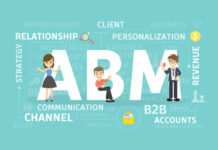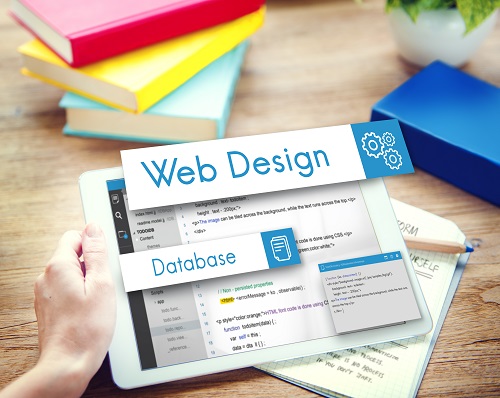When stuck with a question and you aren’t able to find the relevant answer to your question, simply search it on the search engine. When typed and searched, the results which are shown are the results of your search. This result and information which is shown is the live example of portal or the web portal.
Simply, the portal is a web-based platform that collects information from diverse sources into a single user interface and presents users with the most relevant information for which the user is searching. By this time, the web portals have evolved into portal platforms that have enhanced the digital customer experiences.
Different search engines and overall the internet world is flooded with different kinds of information and knowledge, you name it and that thing or the piece of information related to the same is available. In the initial days of the internet, the problem encountered by the portals was a content discovery. Due to the vast range of information available online, the easiest way for an average user to discover the information was through a human-curated content hub. Portals could display selected content in order to provide a custom experience for users. There are different examples of portals, especially those that use a login experience that is bound to most industries. Following are the examples:
- Patient Portals.
- Government Portals.
- Intranets, Extranets, or Workplace Portals.
- Knowledge Management Portals.
- Student Portals.
- Vendor Portals.
There are three main distinguishing strengths of portals, and those are:
- Integration: Integration capabilities allow organizations to unite systems and customer data.
- Consistency: An emphasized look on the consistency will give a shared look and feel on the front end.
- Personalization: A combination of biographical data and behavioral data gives an ability to contextualize experiences.
There is a right time for everything and so does for the use of a portal platform. Though there has been a broad digital transformation portal platforms are still uniquely used by businesses in different scenarios like:
- Customer Self-Service: The portals are meant to gather the information that is relevant to the behavior of the customer. Portals are well-suited and allow companies to nurture long-term loyalty.
- Business Agility: Portal platforms that support mobile experiences and use modular architecture are now well-equipped to quickly roll out new digital touchpoints, while still carrying the user authentication and integrated back-end data necessary to connect experiences.
A web portal, if used properly and at the right time then it might help you to enhance your customer experience, and also it will avoid the fuss that might be created by the employees while working on different platforms for one single thing. These platforms streamlines work for the employees as well.









